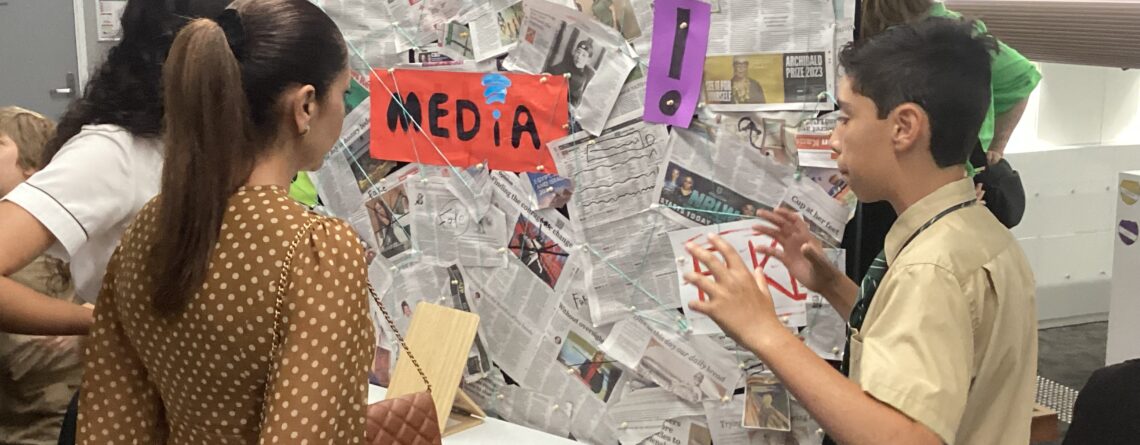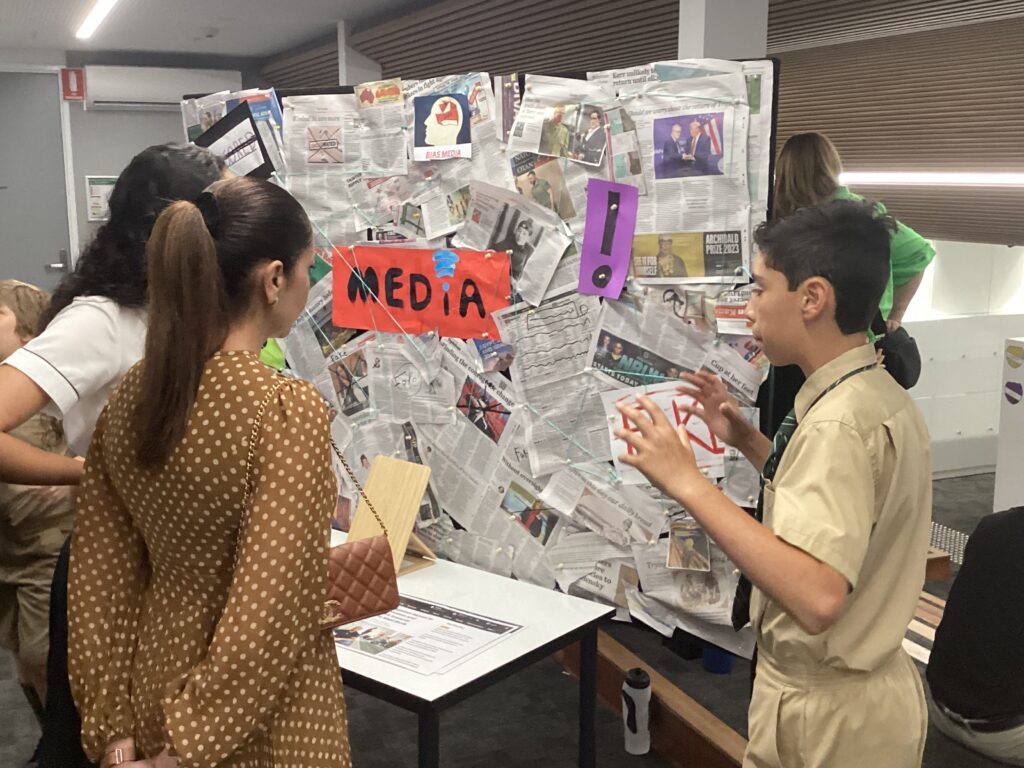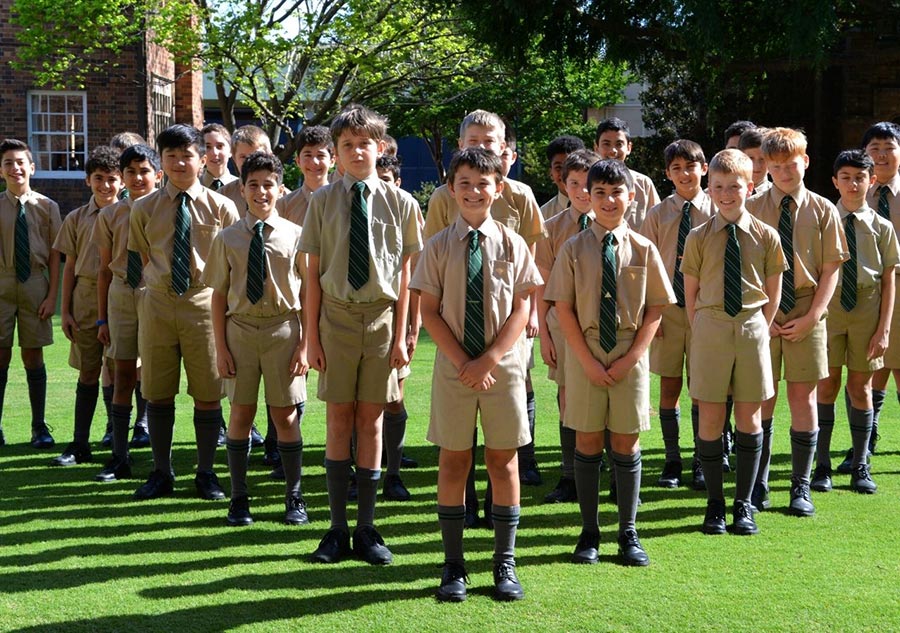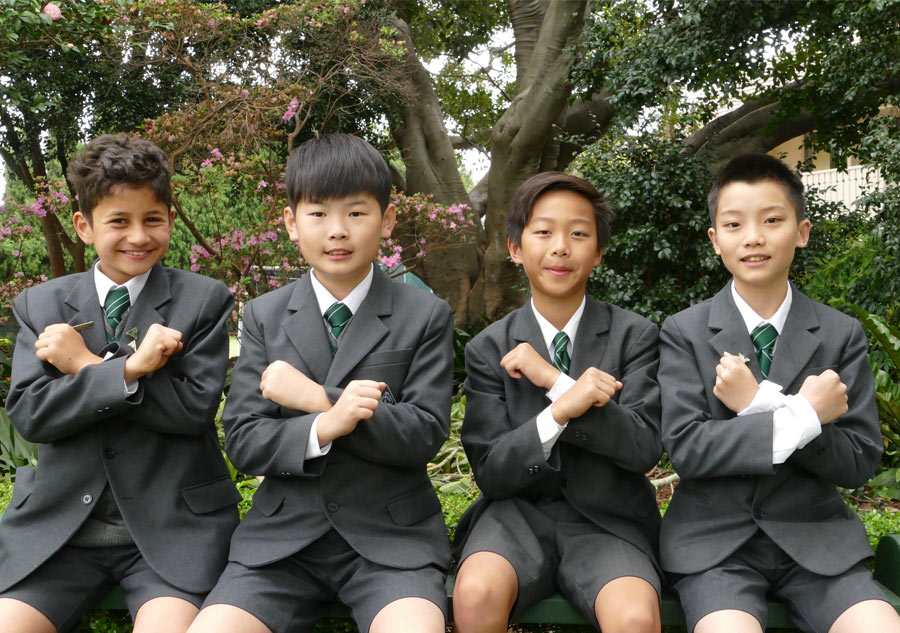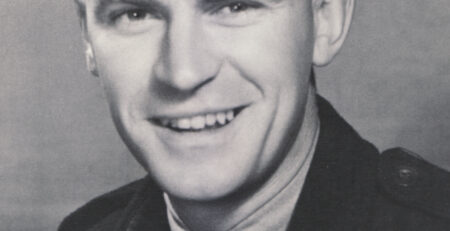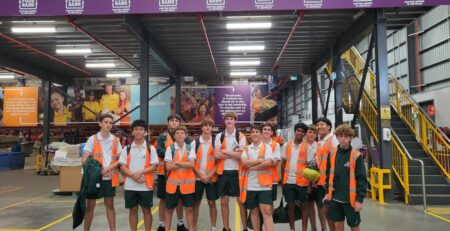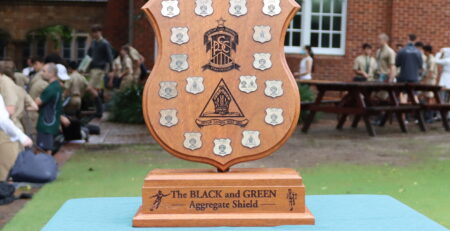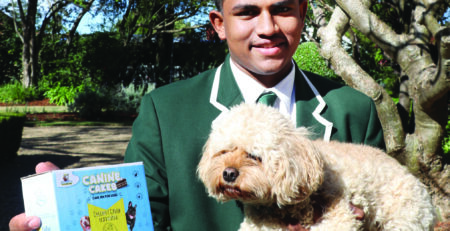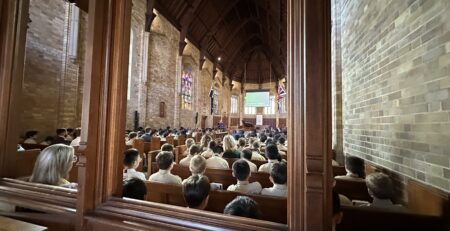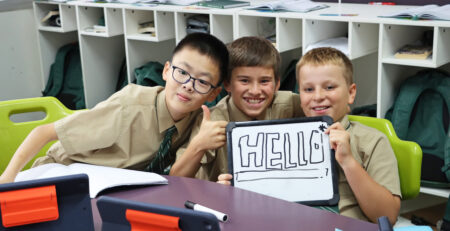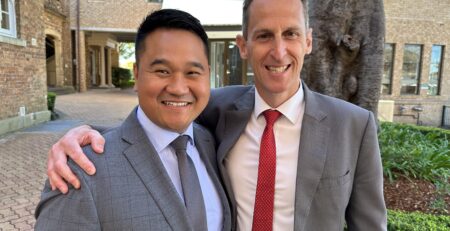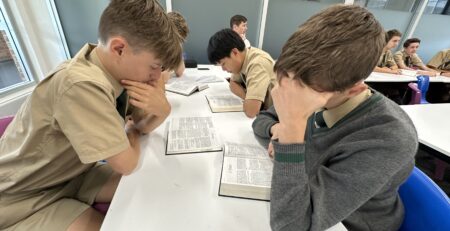World peace? Bring it on
Young minds tackle global issues
From world peace to nuclear power, AI to genetic engineering, inequalities in the law and education, they could scarcely have grappled with weightier subjects.
The fact that such complex topics were chosen by the boys themselves indicates Trinity’s Year 6 students certainly don’t look for the easy way out in their IB Primary Years Programme (PYP) Exhibition.
Seen as a milestone event on the road to high school, the Exhibition sets groups of three to five students researching issues, conducting interviews, and presenting their findings to parents and the school community, along with Q and A sessions.
“It’s a celebration of their PK-6 journey in which they use all the tools and strategies they have learned,” said Fiona Evans, Preparatory School Head of Curriculum.
“We give them guidance but they choose their issue and how best to carry out their research and present it.
“It’s one of those life skills events that boys always remember when they’re older. We encourage parents listening to the presentations to quiz the boys. The boys don’t want pats on the back; they want to be asked deep questions that allow them to share their knowledge.”
The 2023 theme was How We Organise Ourselves.
The Junior School’s Jayden H (6T), whose group looked at the responsibilities and ethics of AI, said: “AI might eventually become more intelligent than humans. Robots might look like real, living people. They might develop emotions and overtake us. But who is setting the rules? Nobody.”
James Saunders (6T) and his group investigated the impact of using nuclear power to replace fossil fuels. He doubted whether a repeat of Chernobyl could happen in Australia, after questioning UNSW fusion specialist Dr Patrick Burr. And how did he manage to get that interview? “I emailed him.”
Aidan Tay (6C) and friends examined the ethics of bringing back extinct animals, such as the thylacine or Tasmanian Tiger, using CRISPR gene editing. “It’s like creating a new species of the same family but would they survive in a drastically changed environment? We have talked to experts. It’s also very costly. Could that money be used instead to conserve other species? Or on our own species.”
Ben P (6G) at the Preparatory School researched the impact of wars on things like economies, the environment, and mental health.
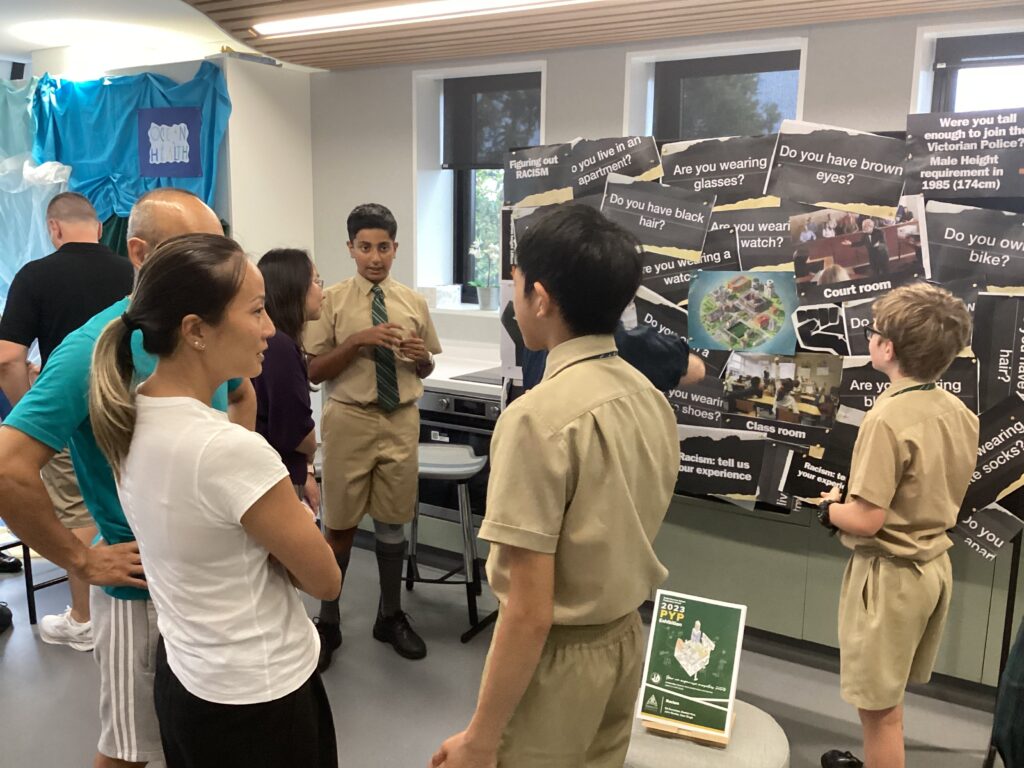
“We’re also asking, ‘Why do wars still happen? Why can’t leaders stop going to war when most people in the world hate war?” said his group colleague Owen C (6G).
Julian A (6M) and Arrav S (6G) researched inequalities in education, how resources varied wildly between countries and within socio-economic groups, and how this might be made more balanced.
“When I go to India I see kids on the street instead of at school,” said Aarav. “I think how lucky I am to go to one of the best schools.”
“Or any school,” added Julian. “It’s a big global issue but we’re trying to focus on the pebbles rather than the stones and boulders… how to help developing countries build programmes rather than simply giving them resources.”
Prep School Year 6 teacher Mikaela Janes said: “It’s a really deep, student-driven project in which Year 6 builds on every other year. The boys get to think about these huge issues, both globally and in their own backyard, and to ponder solutions.”
Merilyn Ormes, Junior School Director of Curriculum, said the Exhibition allowed students to explore real-world issues, fostering a love of learning as well as communication and teamwork skills.
Watch our Junior and Preparatory School’s PYP Exhibition videos below:
This article originally appeared in our December 2023 Edition of Trinity News which you can
view on our online digital bookshelf.

